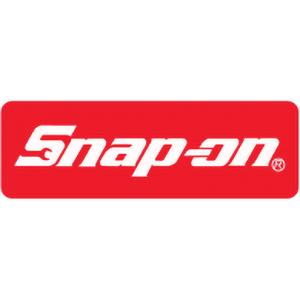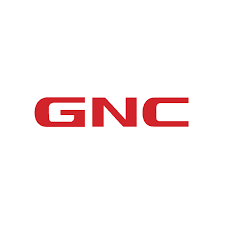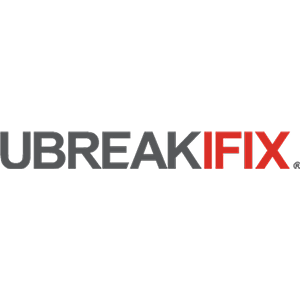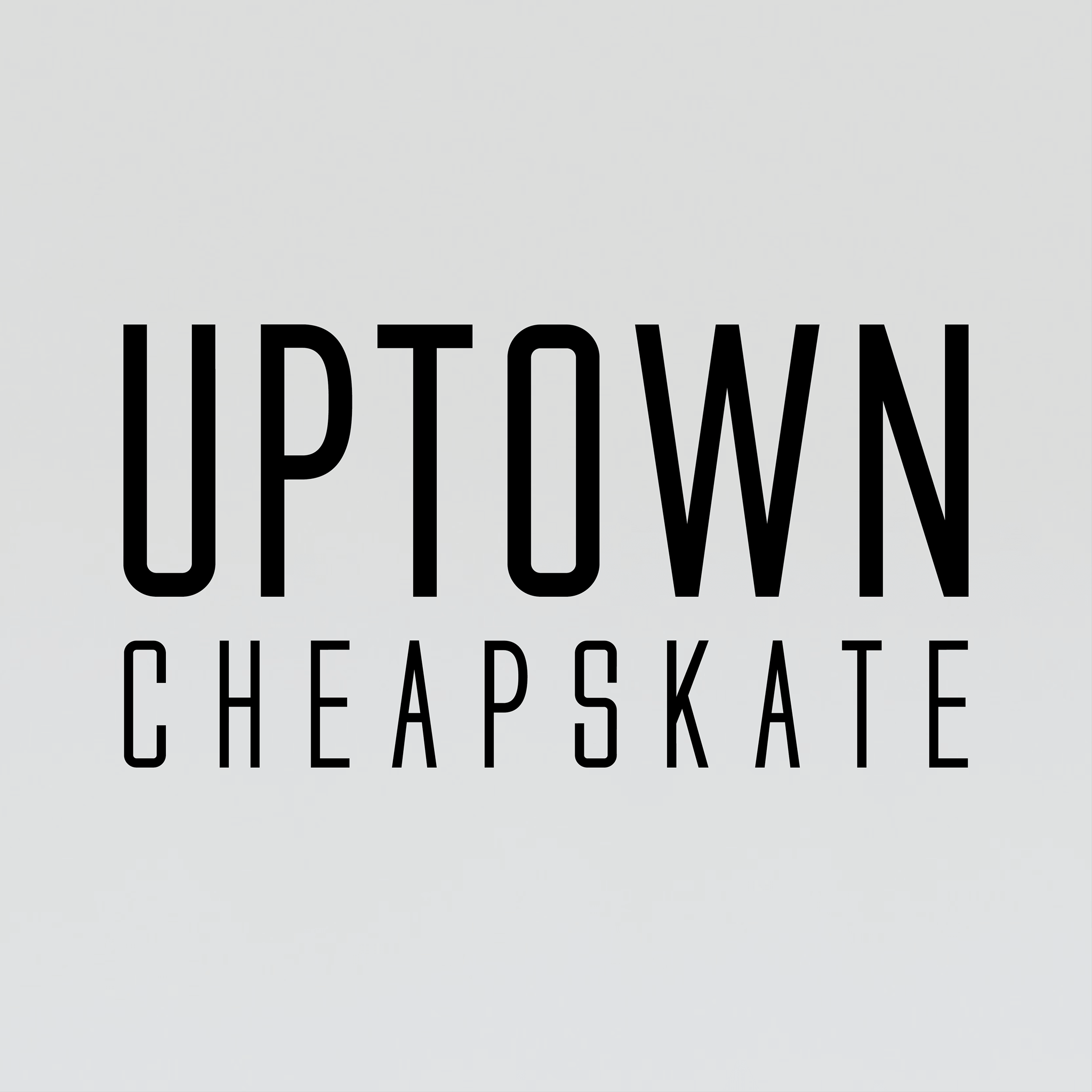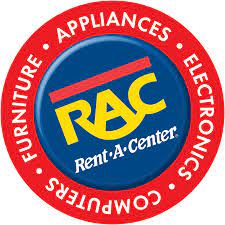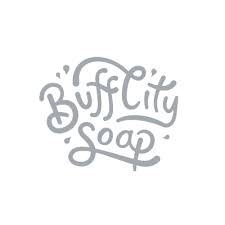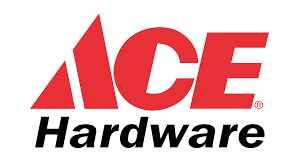Exciting Opportunities in the Retail Franchise Industry
Explore the diverse world of retail franchises under $100K—offering everything from cannabis dispensaries to resale shops! Discover which models combine affordability and growth potential, making them ideal for aspiring entrepreneurs.

Table of Contents:
When researching the huge range of franchising opportunities, aspiring business owners often seek a balance between affordability, growth potential, and solid investment returns. A retail franchise offers a diverse array of options that cater to various interests and financial capabilities and is different from other franchises in that it has a physical location where it sells from. From cannabis dispensaries to resale shops, each franchise category can yield huge rewards. In this article, we go into some of the most promising retail franchises, shedding light on what makes them attractive investments under $100K. Whether you’re a first-time franchisee or a seasoned entrepreneur, our comprehensive guide aims to provide the insights and information necessary to make an informed decision on your next business venture.
What is a Retail Franchise?
A retail franchise is a type of business where someone, called the franchisee, pays to open and run a store using the name and methods of an already established company, known as the franchisor. This lets the franchisee use the company’s well-known brand and receive support in running the business. In exchange, the franchisee pays the franchisor an upfront fee and regular payments called royalties.
The primary focus in a retail franchise is on product sales and the franchisee benefits from the brand’s established customer base and visual merchandising strategies. In contrast, a business format franchise provides a comprehensive business system that includes not only product or service offerings but also detailed methods for operating the business. This format encompasses everything from employee training to marketing and operational procedures, regardless of whether the focus is on retail sales or providing services. The business format franchise is broader and includes support in nearly all aspects of business operations, making it a more encompassing approach compared to the more narrowly focused retail franchise.
Retail Franchises are Divided into a Few Categories
Retail franchises can be categorized into various segments based on the products they sell and the services they offer. Here are some prominent categories:
Cannabis (Marijuana)
The cannabis (marijuana) retail industry refers to the commercial sector that involves the selling of cannabis and cannabis-derived products to consumers. This industry encompasses all parts of the supply chain, from cultivation and production to distribution and retail. Cannabis retail stores, often called dispensaries in the United States, are businesses where customers can legally purchase cannabis for medical or recreational use, depending on the laws in the specific state or country. These stores sell a variety of products, including dried cannabis flowers, oils, edibles, topical creams, and other cannabis-derived products. The cannabis sector has seen significant growth recently due to increasing legalization and consumer acceptance.
Some examples of Cannabis franchises include:
- Your CBD Store offers a franchise opportunity focused on retailing a diverse range of high-quality CBD products, including oils, tinctures, edibles, and topical creams. With a franchise fee of $20,000, this business model is accessible to entrepreneurs. The total investment required to launch a franchise ranges from $93,000 to $149,000, encompassing costs for store setup, initial inventory, marketing, and operational expenses. Franchisees must pay a 2% royalty fee on gross sales, which supports corporate services and ongoing development, and a 3% marketing fee, which is allocated to national advertising campaigns and promotional activities to boost customer traffic and enhance brand recognition.
- Natural Life offers a franchise model centered around selling a wide range of natural and holistic products, including vitamins, supplements, and health foods. Entrepreneurs interested in joining the wellness industry can start a Natural Life franchise with a franchise fee of $40,000. The total investment to establish a franchise varies between $192,000 and $307,000, which includes expenses for store setup, initial product stock, marketing, and operational costs. Franchisees are required to pay a 5% royalty fee on gross sales to support corporate services and resource development. Additionally, a 2% marketing fee is charged.
Resales
The resale of clothing and goods industry refers to the sector that deals with the buying, selling, trading, or donating of used or second-hand items. This includes clothing, but can also extend to items like accessories, furniture, electronics, books, toys, and more. Well-known types of resale franchises include thrift stores and consignment shops.
Some examples of resale franchises are:
- Uptown Cheapskate offers a unique franchise opportunity in the resale fashion industry, focusing on buying and selling stylish and affordable secondhand clothing and accessories. The franchise fee is set at $25,000, with a total investment range of $346,000 to $575,000. This investment covers the costs associated with store setup, initial inventory acquisition, marketing, and operational expenses. Franchisees are subject to a 5% royalty fee and a 1% marketing fee on gross sales. This franchise model appeals to entrepreneurs interested in sustainable fashion and looking to tap into the growing market for quality, pre-owned apparel.
- Rhea Lana offers a franchise opportunity in the children’s consignment event industry, specializing in organizing high-quality, community-focused sales events for children’s clothing, toys, and equipment. The franchise fee for starting a Rhea Lana franchise is $15,000, with an overall investment range of $23,000 to $42,000. This cost includes expenses for event setup, inventory management systems, and operational costs. Franchisees benefit from a low royalty fee of just 2%, and there is no marketing fee required, allowing owners to focus their resources on local advertising and community engagement. This affordable franchise model is ideal for entrepreneurs passionate about community service and sustainable consumer practices.
Other Categories
Apart from cannabis and resale, retail franchises encompass many other sectors. Examples include health and wellness stores, specialty food shops, and phone repair. Each category caters to different market needs and preferences, providing various opportunities for entrepreneurs. For example, health and wellness franchises may offer vitamins and supplements, while specialty food shops could focus on gourmet products or organic foods. Technology repair franchises, like mobile phone repair shops, provide essential services to tech-dependent consumers.
Some examples of such franchises are:
- Rent-A-Center offers a franchise opportunity in the rent-to-own industry, providing customers with furniture, electronics, appliances, and computers without the need for immediate full payment. The franchise fee to start a Rent-A-Center store is $35,000, with a total investment range of $355,000 to $560,000. This investment covers costs associated with store setup, inventory procurement, and operational expenses. Franchisees are required to pay a 6% royalty fee on gross sales, but there is no marketing fee, which allows franchise owners more flexibility in managing their local marketing efforts. This franchise model is well-suited for entrepreneurs looking to provide flexible ownership solutions for essential home goods.
- Buff City Soap offers a franchise model centered around crafting and selling handmade, plant-based soaps, bath bombs, and other personal care products. The franchise fee is $50,000, with an investment range of $428,000 to $1.08 million. This covers costs related to store setup, production equipment, initial inventory, and operational expenses. Franchisees are required to pay a 6% royalty fee and a 2% marketing fee on gross sales. The investment in Buff City Soap franchises caters to entrepreneurs interested in a rapidly growing market for natural and customizable skincare products, providing them the tools and guidance needed to establish a successful local business.
What famous retail stores are franchises?
Ace Hardware
Ace Hardware started in 1924 when four hardware store owners teamed up to buy merchandise in bulk, aiming to compete with larger stores. Their strategy led to great success and expansion across the country, leading to franchising in 1976. Today, Ace operates over 5,000 independently owned stores worldwide, generating nearly $16 billion in sales. Ace Hardware stores offer a wide range of products including tools, paint, lawn and garden supplies, and electrical and plumbing essentials. Headquartered in Oak Brook, Illinois, Ace is led by President and CEO John Venhuizen, who has been with the company for over 25 years.
Ace Hardware has an initial investment of $292K-$1.62M with a $5,000 franchise fee. Learn more about this retail franchise in this Ace Hardware retail franchise review.
Snap-On
Snap-on Tools is an American company that specializes in designing, manufacturing, and distributing high-end tools and equipment used by professionals in the automotive, aviation, and other industries. The company has a long and rich history dating back to 1920 when it was founded by Joseph Johnson and William Seidemann in Milwaukee, Wisconsin. Over the years, Snap-On has continued to innovate and grow, expanding its offerings to include a wide variety of products such as hand tools, power tools, diagnostic equipment, and tool storage solutions. These products cater primarily to professional users in the automotive, aerospace, and construction industries. The company has also expanded globally, with operations in over 130 countries and a workforce of more than 12,000 employees.
Snap-On has an initial investment of $218K-$482K with a $12,000 franchise fee. Learn more about this franchise in this Snap-On review.
Do It Best
Do It Best Corp began as a small cooperative of hardware store owners in 1945, initially formed to pool resources and boost buying power. Over the decades, this strategy has propelled Do it Best into a major force in the hardware industry. Now, it operates as a member-owned cooperative with thousands of independent home improvement businesses worldwide. Do it Best stores offer a diverse range of products, including building materials, tools, hardware, and home improvement supplies, catering to both DIY enthusiasts and professional contractors. Headquartered in Fort Wayne, Indiana, Do it Best has grown significantly, supporting its members in expanding their reach and improving their operational efficiency.
Do it Best is not a retail franchise but a member-owned cooperative, which means it operates differently from typical franchise models. In a franchise, individual franchisees pay fees to operate under the franchisor’s brand and must follow specific rules set by the franchisor. In contrast, Do it Best is a cooperative where individual hardware stores join as members. These members own the cooperative and have the freedom to operate under their business names, tailoring their marketing and operations to their community’s needs.
Do it Best focuses on collective buying power, allowing its members to purchase goods at competitive prices to enhance their profitability. The cooperative also returns profits to its members through rebates based on their purchases, further supporting their growth and business success. This structure is fundamentally different from a franchise system where the main relationship is between the franchisor and franchisee, with profits primarily flowing back to the franchisor.
Do it Best has an initial investment of $536K-$1.3M with a $4,400 initial fee.
GNC
GNC, or General Nutrition Centers, is a well-known leader in the health and wellness sector, specializing in the retail of nutritional supplements. Founded in 1935 by David Shakarian in Pittsburgh, Pennsylvania, GNC started as a small health food store and has grown into a global brand. They have over 9000 stores in more than 50 countries, making them one of the largest retailers of nutritional supplements in the world. GNC offers a wide variety of health-related products including vitamins, minerals, herbal supplements, and sports nutrition and diet products. In addition to its brick-and-mortar stores, GNC also has an online presence and sells its products through third-party retailers.
The franchise has been the center of many complaints due to its unethical and illegal actions. They have a history of breaching the implied covenant of good faith and fair dealing, which has led to the ruination of their brand. Because they are in financial trouble, they continue to take money from their franchisees, oftentimes through intimidation tactics. This has led to the formation of a Franchisee association, as most franchisees feel that they cannot stand up to GNC on their own.
GNC has an initial investment of $114K-$504K with an initial fee of $20,000.
Matco
Matco Tools, established in 1979 by Jeffery A. Butterworth in Stow, Ohio, originated as a small operation in Butterworth’s garage with just four employees.It began as the manufacturing arm of MAC Tools in 1946 before taking its independent form. Today, Matco stands as a prominent manufacturer and distributor of professional quality mechanics’ tools and service equipment. With a product line boasting over 18,300 items, Matco offers its tools and products directly to professional mechanics and enthusiasts through its mobile distributorships. Matco’s offerings include a comprehensive range of hand tools, power tools, diagnostics, tool storage solutions, and specialty tools designed specifically for the automotive repair industry.
The estimated total investment necessary to begin the operation of a Matco franchise ranges from $76,000 to $309,000. The initial franchise fee for a Matco retail franchise is $8,000. You can also learn more about Matco on this YouTube video.
UBREAKIFIX
Ubreakifix is an electronics repair shop, offering repairing services for a wide range of products from mobile phones to gaming consoles. Founded in 2009 in Florida by Justin Wetherill after he broke his brand new iPhone 3G, Ubreakifix has over 600 stores as of 2021. In September 2021, Ubreakifix stopped offering franchises under that name, and new franchises are offered under the name Asurion.
The estimated total investment necessary to begin the operation of a Ubreakifix Franchise ranges from $118,000 to $369,000 with an initial retail franchise fee of $25,000 – $40,000. Read our full review of the UBREAKIFIX franchise to learn more. You can also watch this video to find out more.
Which retail franchise is easiest to open?
The ease of opening a retail franchise is significantly influenced by several key factors that potential franchisees should consider. Firstly, the initial investment plays a crucial role; franchises that require lower startup costs are generally easier to initiate, especially for first-time business owners. This includes lower costs for real estate, equipment, and initial franchise fees. Very commonly, this is the biggest investment and hardest hurdle for new franchisees.
Related to the initial investment, the sales-to-investment ratio is what any investor should take into account when analyzing a potential franchise investment. It is a straightforward metric for quickly judging the economics of a franchise by looking at the gross sales relative to the investment. The higher the ratio, the more compelling the franchise business model.
Additionally, the simplicity of the business model is vital. Franchises with straightforward, easy-to-replicate operational processes allow for smoother and faster setup. For instance, franchises that don’t require specialized skills or extensive staffing, such as vending machine operations or mobile services, can be easier to manage and scale.
Comprehensive franchisor support is another critical factor. Franchisors that provide in-depth training programs, marketing assistance, and ongoing operational support reduce the burden on franchisees. This support system helps franchisees navigate the complexities of business ownership, ensuring they are not alone in their entrepreneurial journey.
Where can I find the best retail franchises?
Vetted Biz has the latest retail franchise information for those looking to find the best retail franchises. Our platform provides comprehensive, data-driven analysis and free professional support, focusing on franchises that deliver the highest risk-adjusted returns along with robust franchisor support. Trusted by thousands of potential franchisees and numerous franchise consultants, Vetted Biz stands out for its detailed and unbiased franchise data.
Have an easy-to-use Franchise Opportunity tool where you can go to browse hundreds of franchise opportunities.
On Vetted Biz, you can easily find key figures for any franchise by navigating to the specific franchise page. Here, you can access detailed information such as Investment Range, which provides the total estimated initial investment required to start the franchise, and Royalty Fee, which indicates the ongoing percentage of monthly gross revenues paid to the franchisor. Additionally, you can view the Franchise Fee, a one-time upfront cost for obtaining the franchise rights. These figures are crucial for potential franchisees to understand the financial commitment involved. Vetted Biz also includes free access as part of our Vetted Member subscription to the Franchise Disclosure Document (FDD), which offers a comprehensive overview of the franchise’s financial performance, obligations, and historical data, helping users make informed investment decisions.
In summary
In conclusion, the landscape of retail franchising offers a wealth of opportunities for both budding and experienced entrepreneurs. As we have explored, the diversity within the retail franchise sector—from cannabis dispensaries to resale shops—provides a range of business models that cater to various market needs and investment levels. Prospective franchisees should prioritize finding franchises with a strong business model, favorable sales-to-investment ratios, and robust support systems from their franchisors. These characteristics are crucial for ensuring sustainable growth and profitability in the competitive retail environment.
For those embarking on their franchise journey, Vetted Biz stands as an invaluable resource. With a comprehensive directory of over 7,000 franchises, Vetted Biz provides detailed insights and data-driven analysis to help entrepreneurs make well-informed decisions. Whether you are a first-time franchisee or looking to expand your portfolio, Vetted Biz offers the tools and information necessary to navigate the complexities of franchise investment, ultimately aiding in the selection of a franchise that best fits your financial and business aspirations. By leveraging such resources, potential franchise owners are better equipped to capitalize on the opportunities that retail franchising has to offer, setting the stage for success in the dynamic world of retail.

